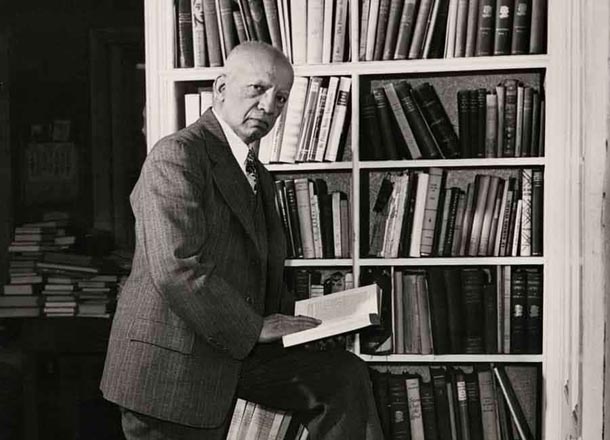
Carter G. Woodson noticed the prevailing ignorance and lack of information concerning Black life and history.
In an attempt to correct such an obvious oversight, Woodson co-founded the Association for the Study of Negro Life and History, Inc. Now known as the Association for the Study of African American Life and History, Inc., the organization, founded on September 9, 1915, aimed to inform the American public about the contributions of Black Americans in the formation of the country, its history, and culture.
The genesis for Black History Month or African American History Month began as the brainchild of Dr. Carter G. Woodson. In February 1926, he launched the celebration of “Negro History Week,” the precursor of Black History Month.
Dr. Woodson was a journalist, historian, author and educator. He earned a PhD from Harvard University, baccalaureate degrees from the University of Chicago, and a bachelor’s degree in literature from Berea College. Dr. Woodson held many teaching positions after receiving his PhD; most these positions were below the placement for a Harvard educated graduate. He joined the faculty at Howard University as a professor and served as Dean of the College of Arts and Sciences. He is considered the founder of African-American studies and Afrocentrism.
Regrettably, Dr. Woodson felt that majority institutions like the American Historical Association had no interest in Black history, and he believed he had no future in the white-dominated historical profession. So, he created an institution where Black scholars could study history. Funding for the institutional structure was secured from philanthropists and institutions including the Carnegie Foundation, the Julius Rosenwald Foundation, and the Rockefeller Foundation.
Dr. Woodson also started the academic publication The Journal of Negro History in 1916 and The Negro History Bulletin in 1937. In 1921, he founded the Associated Publishers, Inc., a publishing company that took on works that other companies would not, such as the writings of Black scholars and women on African American and African Diaspora history.
For more information, please visit the Carter G. Woodson Home National Historic Site in Washington, D.C., www.nps.gov/cawo/index.htm.